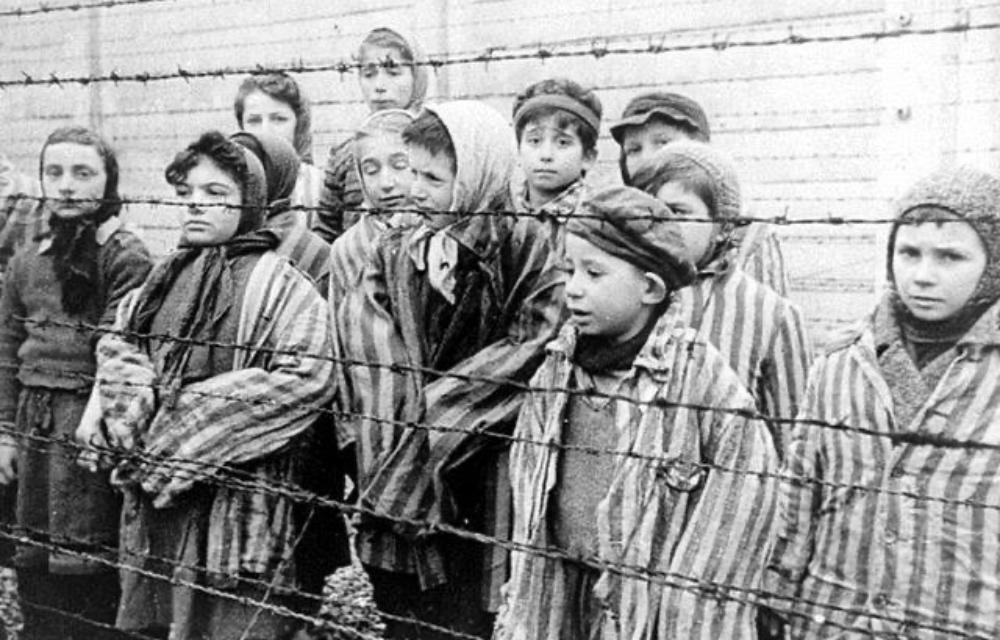
The Holocaust, an unparalleled tragedy of the 20th century, refers to the systematic murder of approximately six million Jews and millions of others, including Roma, disabled people, homosexuals, and political dissidents, by Nazi Germany (1933–1945).
This organized crime, which reached its peak in death camps like Auschwitz and Treblinka, not only claimed lives but sought to annihilate the identity, culture, and humanity of targeted groups.
The Holocaust was the result of hate-mongering, deceptive propaganda, and the abuse of power. Jews and other victims were ostracized from society, their property confiscated, and ultimately sent to their deaths in gas chambers or crematoria. This tragedy serves as a stark reminder of the dangers of prejudice and silence in the face of oppression.
Today, remembering the Holocaust is a collective responsibility. Educating about this atrocity, honoring the victims, and combating all forms of discrimination are steps toward preventing such horrors from recurring. The Holocaust is not just a historical event but a warning to safeguard human dignity for all time.